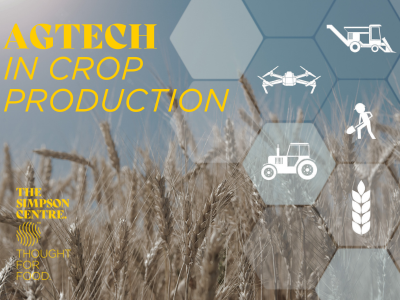System approach for efficient policies: lessons learned from antimicrobial resistance and health management

Watch the Webinar
There is no simple and ready-to-use way for implementing successful health policies since it means considering several competing objectives such as public health, economic and societal dimensions.
Creating an evidence-based health policy accounting for constraints and uncertainty requires handling dynamically multiple risk factors, multiple economic and biologic outcomes, and being customized at various geographical scales. Throughout the example of antimicrobial use in animal agriculture and antimicrobial resistance in public health, we illustrate how system approach can contribute as a tool to raise awareness, to unveil unintended consequences of policies, and to address coordination problems.
All public policy involves balancing costs, benefits, and risk. The same holds true for agriculture and livestock. This matters, because as one of western Canada’s major growth industries, and a source of jobs post-COVID, we need to get the policy right.
Policy for agriculture and livestock is complicated. The use of anti-biotics and other supplements can increase profit, but may not be what consumers want, and have run-on effects for the environment, or consumer health. It takes a broad view to capture all these variables and create policy in the public’s best interests.
Please join our expert Dr. Lhermie as he applies a systems approach to these complex issues. This matters to anyone interested in agriculture, the agri-business sector, and the food we eat.


